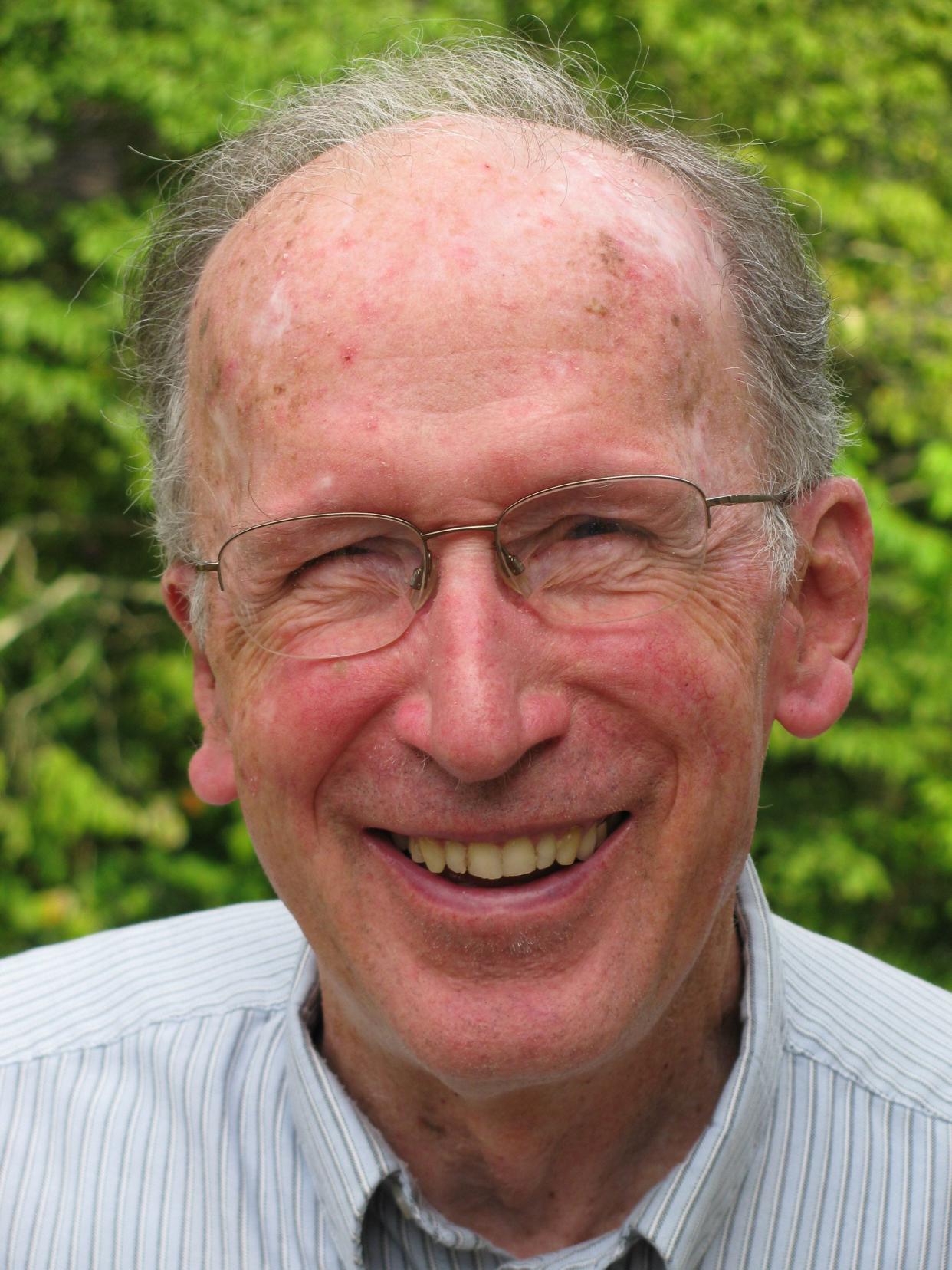Opinion: Religions and nations often try to use each other leading to coercive power

One of the oldest insights of sociologists of religion is that religions and national governments are drawn to each other. Nevertheless, the kind of power necessary for governments of nations is the opposite of the power offered by religions. Governments necessarily depend on coercive power while the power religions offer is transformative power based in the supernatural. Some may say the supernatural is not in their religion, but I believe the supernatural is a central part of historic religions. Even religions that primarily feature important philosophies also include worshippers and temples or shrines for worship.
The problem is that religions and governments of nations try to use each other. The rulers of ancient tribes, kingdoms and empires had religious rites to gain approval from the “powers of the universe.” Religions for their part looked to governments for protection and sponsorship. Thus, religions and governments typically have been mutually connected and supportive leading to oppression by both. Christian nationalism in our day is following that old pattern, which supports oppression.
Since Emperor Constantine recognized Christianity as a legitimate religion in 313 CE, the association of Christianity with governmental coercive power has continued. Constantine saw Christians were spread widely, well organized, and could be useful in uniting the empire. Soon, Christianity gained official status and remained powerful in the move of the seat of government to Constantinople in 335 CE.
More: Opinion: Observing Memorial Day: Remembering sacrifices of those who fought for freedom.
More: Opinion: American democracy experiment undermined by those who don't believe in equality
Following the spread of Christianity to the invading tribes to the northwest and northeast, the many new nations that formed adopted the traditional pattern of maintaining a close association of religion and national governments with their coercive power. Thus, at the moment of Christianity’s apparent victory over the ancient Empire of Rome, it fell into the trap of concealing the real power of faith to transform lives and communities behind the coercive power of the state.
Exceptions to this confusion of powers are found with individuals and groups who managed to keep the faith through some form of distinction or isolation from the larger church body and to bear the message of transformation. Eventually, the church in the east based in Constantinople and the church in the west based in Rome, divided in 1054, but each continued their close association with oppressive governmental authority and power.
The traditional pattern followed by almost all religions and governments of confusing the power of transformation and coercion began further cracking when Christianity divided in Europe in the 16th century between a number of Protestant churches and the Roman Catholic Church. However, the major Protestant churches still continued the pattern they were most familiar with by establishing state churches in the various European nations.
This brief review is meant to make clear that the American founders truly broke new ground in the history of the world and of religions when they formally separated religious power and government power. Religious power in its relationship with the supernatural continued to operate under freedom of religion in individuals and communities of faith. They could influence the actions of governments and societies, but through thought, not with coercive power. This is to keep governments from using religions for their own purposes and religions from using governmental power for their purposes.
The current movement in America called “Christian nationalism” is in direct conflict with what Jesus Christ initiated and accomplished in distinguishing religious transformative power from governmental coercive power. Human societies need governmental power to keep order and act for the welfare of all people. That includes freedom of religions to form organizations based primarily on their beliefs and community life.
More: Opinion: My placenta, my choice: Why are NC women being forced to act as life support?
More: Opinion: Doctors, not politicians, understand transgender health care NC families need
In the case of Christian organizations, interpretation of the Bible is the basic source of beliefs. Various traditions of interpretation have developed along with different forms of organizations and community life. The religious organizations have been influenced by representative democracy and in America are basically self-governing and depend on freedom of speech to grow. Christianity has no place for “Christian nationalism” or the use of coercive power. At the same time for the nation of America to be identified as “Christian” distorts Christianity and adds difficulty to relations with other nations.
The message of Christianity needs to stand on its own and be carried by Christians without any supposed support from the coercive power of the nation. This message includes freedom of people to hear, receive, be transformed and to participate in communities of faith and love and most importantly of service to others and the world.
Rev. Robert L. Montgomery, Ph.D, lives in Black Mountain.
This article originally appeared on Asheville Citizen Times: Opinion: Christian nationalism in conflict with what Jesus initiated

